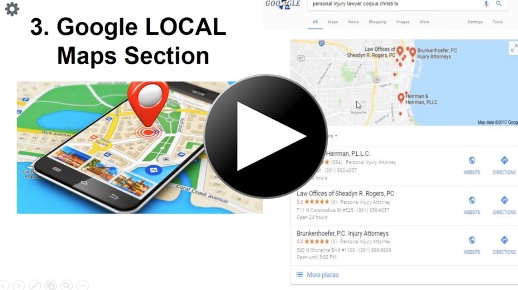As visionaries, we believe in building and running law firms with common sense. At Law Firm Coach, we tend to find that the same old rules don’t work for us; rather, we want to walk in, wipe the slate clean, and start over, and we think outside the box. This is never truer than in dealing with employee management.
We start out by saying, “Imagine a world with no rules.” What we mean is, “Why make a rule unless you need it?” In other words, people of different cultures, generations, or skills might just have some common sense and know what it takes to work together.
The hardest business practice to break is that of the dreaded Human Resource (HR) Manual, all 500 plus pages of it that defines every conceivable thing that could go wrong and what to do if it does. Add on top of that, the lengthy explanations on the consequences of failing to follow the rules and you immediately set a negative tone that isn’t conducive to a proactive work environment. Additionally, most law firm owners/ managers won’t hold the people accountable when they do break the rules.
We were in a firm where the owner was insistent that there had to be some type of document that provided the basis for all conduct in the firm. Finally, we went to a piece of paper and with a magic marker wrote on it, “Be nice to each other.”
Our point was that if you hire the right people, you don’t need a lot of rules.
Once you throw away the rule books, throw away all the buzz words that go with it. When you understand that in today’s culture no one wants to be managed, you are going to win the management battle. Everyone wants to grow and develop their skills and do it with someone who appreciates it. Employees want ownership of what they have to do and a stake in the success of the firm. At least high-performance employees do.
The only word you need to know is develop. Every step and every act you take must be committed to developing someone into what you believe will best serve your firm. And with the act of development comes the trust that you are doing this not for your own self-serving interests but for the best interests of the people and by rights for the firm.
Words in an HR Manual tend to get so detailed and so convoluted that I am not convinced the author even understands them.
As a simple test, we asked several lawyer friends to write one paragraph on diversity for an HR Manual. You know, that paragraph that says you won’t tolerate any intolerance, etc. We got some of the most detailed, strict interpretations of the law we had ever seen. None of them were the same. We then showed them our diversity paragraph: All persons are created equal and will be treated equally. Treat others as you would treat yourself. Intolerance is non-negotiable in this firm. No one could find fault with it, and with this statement comes employee training and accountability.
Presume that you have enough common sense to let people know what you believe—what your values are. Presume that your employees are good, decent people who want to be part of your team. If you need a rule for whatever reason, then let everyone chip in and write it.
We are not advocating that you actually throw out the HR Manuals (even though I guess we just said that). What we are saying is that they don’t need to be lengthy, over-burdensome, and written in such detail that the employee zones out before they finish reading it.
What you must do is lay out your expectations. You can’t expect to operate with minimal rules unless people know how you want them to behave.
Our point is simple: Why make it complicated?
Developing people with minimal rules can sometimes be more difficult because you must stay on top of what occurs in your firm and when someone steps outside the boundaries, you must hold them accountable. Your employees will watch to see if you are fair across the board. The difference between rules and expectations are that rules are rigid and put people in cages. Expectations liberate people.
It allows them to choose their own destiny and do it their way with your help.
What we have found is that the employees are happier, and employee retention occurs when you develop expectations with accountability and run with minimal rules.
If you want a self-regulating, self-governing workforce, you must be clear about your expectations. You provide the tools to get the job done and you provide feedback on how the employee is doing. To gain control, you give up control. Let your employees be responsible for their actions.
However, none of this works if you are not willing to hold people accountable for their actions. People will be self-governing and self-regulating as long as they know the consequences of their failure to do so. This is the hardest thing we deal with in teaching lawyers strong people management skills.
Work cultures today are vastly different from in the past. We have new generations out there wanting a reasonable way to work at a job they enjoy and that has meaning. Putting cages around them simply gives you caged birds with clipped wings. You want soaring eagles.

